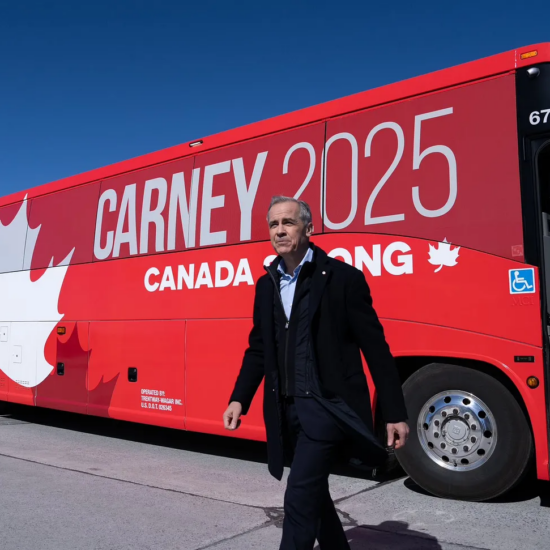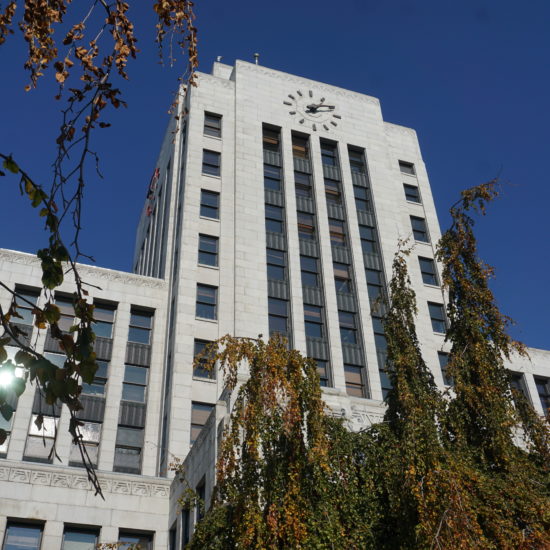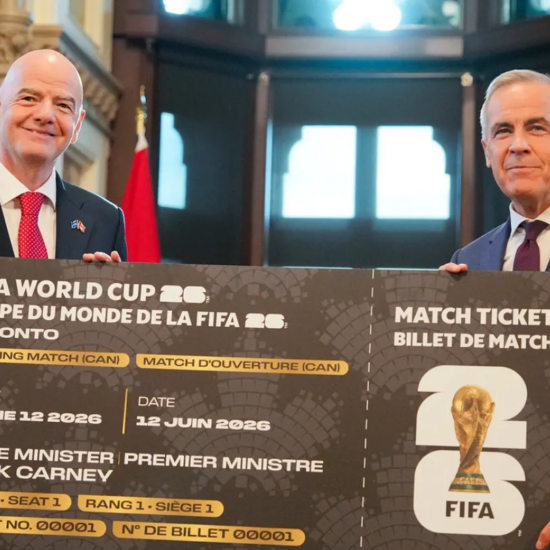
Briefly: Cost of living, housing and healthcare were the top priorities. A majority of the 2,005 respondents to a Leger poll in late November 2023 said David Eby’s government was on the wrong track.
It is a blueprint for the B.C. NDP’s 2024 re-election campaign and you paid for it.
The Dec. 22, 2023, confidential report for cabinet, by polling agency Leger, gauged the opinions of 2,005 British Columbians (with a margin of error of error plus/minus 2.18%). The omnibus survey was released under the freedom of information law.

(Leger/GCPE)
Cost of living, housing and healthcare, in that order, were top-of-mind in the survey, which was conducted in the last week of November. Almost six-in-10 respondents felt the province was on the wrong track and 55% felt that Premier David Eby’s government was on the wrong track.
“Those more likely to feel the province is on the right track include men, Fraser Valley residents, and British Columbians with higher incomes (above $70,000),” the report said.
The poll found trust in government and public organizations to be “moderate to low.”
On healthcare, only 18% gave the government positive ratings, “while nearly half (49%) believe that it is doing a poor job.”
“Just under half (44%) say that while there are barriers to access, they can often get what they need. This suggests there is an opportunity to reduce barriers to accessing health care.”
Only 13% believed the province was doing a good job dealing with mental health and addictions.
On the NDP government’s efforts to make life more affordable, almost two-thirds (65%) gave negative ratings.
“B.C. households spend, on average, around $4,159 (mean) on major household expenses with the majority of this allocated to housing/shelter. One-third (34%) of British Columbians could not cover an unexpected $500 expense.”
How severe is the affordability crisis? It showed up in questions about sports and recreation.
“Almost one-third (29%) of British Columbians say their ability to participate in sports/sporting events in their community has been reduced due to cost-of-living pressures, while one-in-five (19%) say their ability to access these public recreation facilities and programming has been reduced.”
Almost two-thirds (63%) felt the government was doing a poor job on housing issues.
Awareness of new rules to regulate short term rentals and increase density on single family lots was moderate to high, at 74% and 70%, respectively.
But those were not the most-popular moves.
“The most supported actions for the B.C. government to take on housing include cracking down on criminal activity in the housing market (88% agree it is a good idea) and investing in new co-op and other non-market (81%).”
Where did the NDP’s performance garner applause?
Reconciliation with Indigenous peoples (36% positive), keeping kids safe (30%), and supporting new economic sectors (28%).
However, the report pointed out, reconciliation with Indigenous people was also the lowest priority of respondents.
“Improving health care and life/housing affordability continues to be what British Columbians want the B.C. government to focus on most.”
Hence, the NDP’s messaging en route to the Oct. 19 provincial election.
Carson Binda, B.C. director of the Canadian Taxpayers’ Federation, said the NDP should not be charging taxpayers for such a survey. Nor should there be a $10 charge to obtain a copy under FOI — the federal government publishes its survey reports.

(Leger/GCPE)
Under the FOI law, Binda found that the NDP government paid $453,000 for 13 market research projects by five companies between June 1, 2023 and May 31, 2024. Four of them by Leger, totalling $136,000.
“If the Premier is going to be doing partisan polling, that should come out of the NDP’s coffers. We shouldn’t be sticking taxpayers with the bill,” Binda said in an interview.
Binda called the Government Communications and Public Engagement department a “research wing of the provincial NDP.”
“The government shouldn’t be using taxpayer dollars to give themselves an unfair advantage in the election.”
Others contracted by GCPE during the period included: Research Co., $152,000 for three surveys (multilanguage, gig economy and Surrey survey); McAllister, $89,000 for two cost of living polls; Environics, $65,000 for three multilanguage surveys; and Strategic Communications, for an $11,000 project called “in-person consultations —engagement strategy.”
Dead heat
In a poll released before the Sept. 21 writ day, Research Co’s Mario Canseco found Eby’s NDP and the John Rustad-led Conservatives were in a statistical tie, 44% to 42%, after Kevin Falcon withdrew BC United from the election in late August.
Way back in January, it looked as if the NDP was on the road to another majority win.
“It could ultimately come down to a very close election, specifically in areas where the Conservatives can grow,” Canseco said on theBreaker.news Podcast. “Maybe they can win a couple of seats in northern and central Vancouver Island, start to run the numbers a little bit more in the Fraser Valley, where the NDP won seven of nine seats in 2020. Now a lot of those seats seem to be up for grabs.”
Support theBreaker.news for as low as $2 a month on Patreon. Find out how. Click here.











